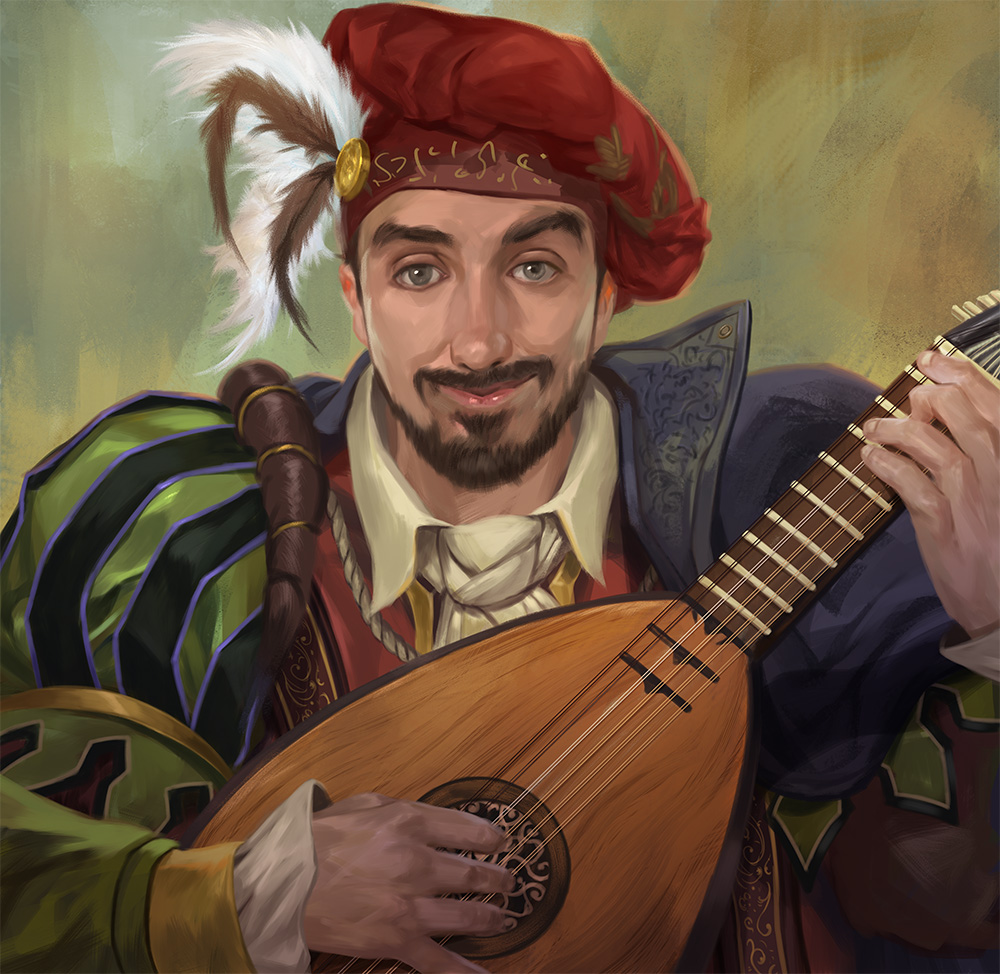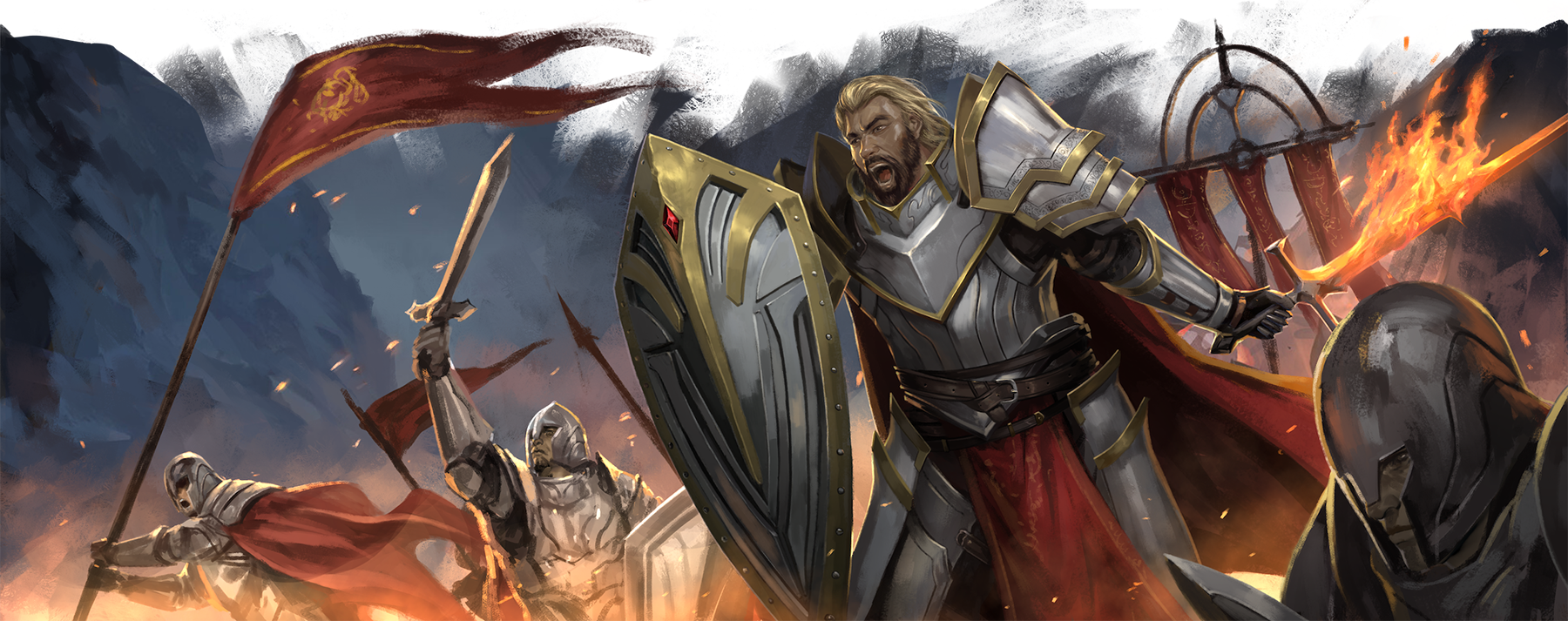What is the "Growing The Beard" Trope

 Joe Nightingale, MBBS, MSc
Joe Nightingale, MBBS, MSc

Think of your favorite TV show – did it start off at its peak, or did it find some to find its feet? To mature and grow into itself? If so, it's another example of the "growing the beard" trope. What sparks this sudden improvement in quality is anybody's guess – maybe a boring character departs, the writing team finds their footing, or a meddling TV exec rides off into the sunset.
All that matters is what was once poor or just good is suddenly must-watch TV. If it's a sci-fi adventure, this is when the continuity begins to take hold, and the world captures your attention. In a comedy, the characters go from one-liners and quips to reach new emotional depths.
But why you're asking yourself, is this trope called "growing the beard?" And what examples of this trope exist in TV and film? Let's find out.
In this article:
- What is the Growing the Beard Trope?
- Examples of the Growing the Beard Trope
- Growing the Beard: An Inspiration for Real Life
What is the Growing the Beard Trope?

“Growing the Beard" is when a show goes from meh to must-watch! It's that magic moment when everything clicks—better plots, deeper characters, sharper production—and a series finally hits its stride.
Inspired by Star Trek: The Next Generation, where Riker's beard marked the show's leap in excellence, this trope is now a pop culture signal: hang in there because things are about to get awesome. In fact, going back and watching those earlier episodes just feels plain weird. Who wants to see Riker's bare face?
Of course, the term isn't just about Riker. Growing a beard in real life is a sign of maturity and confidence. It's when a man finds his footing, embraces his masculinity, and leaves the boy behind. He knows who and what he is. It's the same for a TV show or film series.
Growing the Beard is the reverse of another trope, Jumping the Shark. Here, a long-established classic suddenly drops in quality. What was once pure brilliance now descends into contrived gimmicks and nonsense storylines. The term comes from Happy Days when the character Fonzie literally jumps over a shark dressed in water skis. The scene was so bad it's become the go-to phrase ever since.
Examples of the Growing the Beard Trope
So, Growing the Beard is where the boy becomes the man. But not every example includes a literal beard, unfortunately. (We know, it's a travesty!!!) Some of the examples of this trope are surprising – as we tend to associate many of these shows with unparalleled brilliance. However, even the best writers need a little time to lay the groundwork or find their footing.
The Office" (U.S.)

Source - triplem.com
Developed by Ricky Gervais, this office dramedy morphed from a slightly awkward adaptation into a comedy behemoth by its second season, nailing its unique brand of humor with more confident storytelling and character development.
In the first season, Michael Scott is a carbon copy of his British counterpart, David Brent. He's rude, awkward, and abrasive, making the entire season more cringe-worthy than laugh-out-loud funny. That all changed as the show went into its second season. More lighthearted, whimsical, and heartwarming, fans soon flocked to this distinctly American offering.
Breaking Bad

Source - Netflix
While it kicked off with a promise, Breaking Bad truly exploded in its second season, delving into the dark underbelly of its characters' psyches and the drug trade's moral ambiguities. The storytelling deepened, the stakes skyrocketed, and the character arcs became more intricate, setting the stage for what would become one of television's most intense and critically acclaimed dramas.
Surprisingly, the show didn't garner significant traction until its final season. As the buzz grew, fans binged the show on streaming, letting them catch up in time for Walter White's explosive finale.
Seinfeld

Source - abcnews.go.com
Initially meandering through its early episodes, Seinfeld hit its stride by the third season, mastering the art of humor in the mundanity of everyday life. Gone was the observational sitcom, and in its place came the acerbic, off-the-wall show fans grew to know and love.
It was episodes like "The Parking Garage," "The Boyfriend," and "The Limo" that established the show as a staple of American culture, with its characters' neurotic quirks and the show's bizarre take on the trivialities of daily existence.
Community

Source - Prime Video
Starting as an under-the-radar college sitcom, Community evolved into a cult phenomenon by its second season, thanks to its ambitious storytelling and meta-humor. In fact, there were definite signs of stubble late in the first season. "Modern Warfare," the paintball extravaganza, heralded the brilliance to come.
The show became a playground for innovative narrative experiments, blending genres, and breaking the fourth wall, all while developing its ensemble cast into some of the most memorable and beloved characters in sitcom history. Unfortunately, the show is also an example of Jumping the Shark, with later seasons failing to capture the original weird and wonderful tone.
Stargate SG-1

Source - cancelledscifi.com
After a first season of finding its footing, Stargate SG-1 hit the ground running in season two, expanding its mythological canvas and exploring the complexities of intergalactic politics and personal dynamics. We learn more about the Gould, discover the Asgard in "The Fifth Race," and get hints of the mysterious Ancients.
The show not only deepened its lore but also embraced a more serialized storytelling approach, weaving intricate plots and character arcs that captivated sci-fi fans worldwide and secured its place as a genre mainstay.
Growing the Beard: An Inspiration for Real Life

Growing the Beard is more than a trend; it inspires our everyday life. It's a sign that just because we struggle to find our footing early on doesn't mean success isn't waiting around the corner. All it takes is a little facial fuzz.
Of course, it doesn't have to be a metaphor. Literally growing a beard can give you a new lease on life, as people give you more respect (that's a scientific fact!).
Ready to Grow the Beard? Beard Sorcery has an impressive collection of products and tools to help maintain and style your facial hair. Our products are perfect for beard newbies and seasoned pros, from beard oils and balms to grooming kits. Try our products today!
